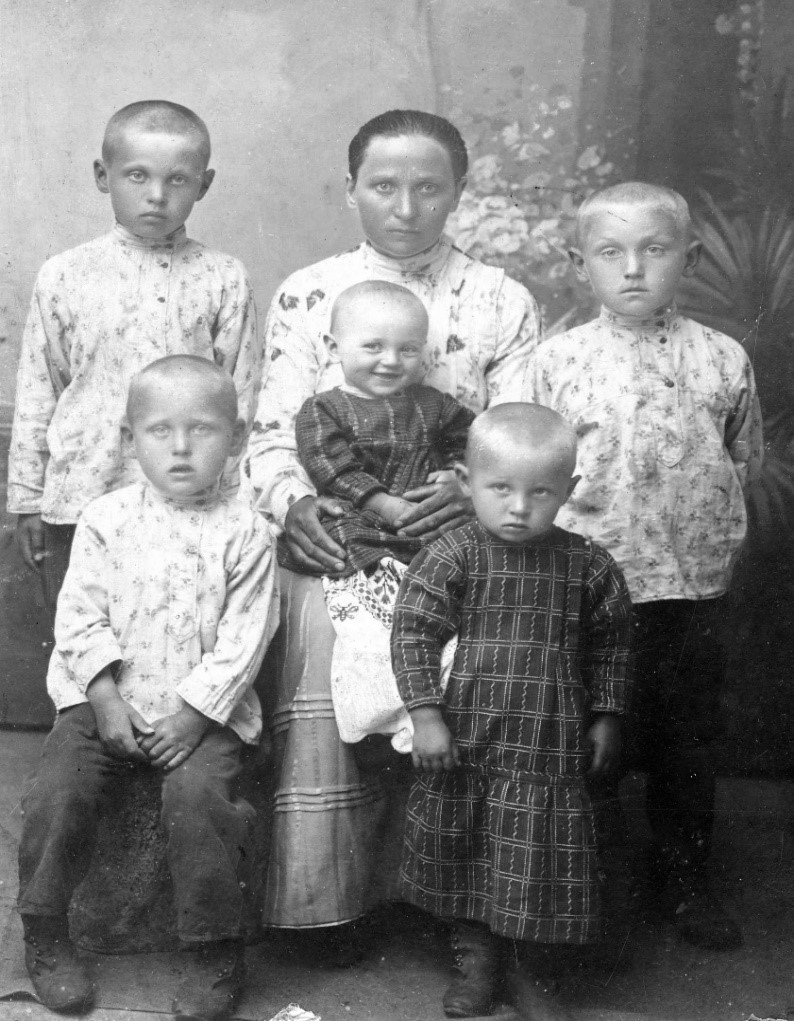
🧵Update from Professor Mychailo Wynnyckyj, Kyiv Mohila Academia.
Kyiv – afternoon March 7
1. Today “peace talks” between 🇷🇺 and 🇺🇦delegations have started in the Bilovezhska Pushcha resort in Belarus – the same place the agreement to dismember the USSR was signed Dec 1991.
Kyiv – afternoon March 7
1. Today “peace talks” between 🇷🇺 and 🇺🇦delegations have started in the Bilovezhska Pushcha resort in Belarus – the same place the agreement to dismember the USSR was signed Dec 1991.
2. I’m not sure how the symbolism of site selection should be interpreted, but if the rumors are true, the Russians have arrived at the talks having completely misunderstood #Ukraine’s current reality.
3. Journalist and #Bellingcat contributor @christogrozev (2019 Euro Press Prize winner) shares Russians have proposed the following as prerequisites of a ceasefire: 1) #Zelensky remains pro forma President, but pro-Russian Opposition Party leader Yuriy Boiko is appointed PM;
4. 2) #Ukraine recognizes independence of L/DNR and annexation of Crimea;
3) Ukraine vows not to join #NATO.
President #Zelensky has responded with an emphatic “no”.
3) Ukraine vows not to join #NATO.
President #Zelensky has responded with an emphatic “no”.
5. Incidentally, according to other press reports, former President #Yanukovych has been brought by the Russians to #Minsk, and may be proclaimed “legitimate” again. This plan is so laughable that it does not even deserve comment.
6. What the Russians (and I suspect many Western leaders) don’t understand is that any “peace agreement” will not end the war unless it is accepted not only by Ukraine’s political leadership, but also by its population.
7. And that population is in no mood for compromise: Russian forces must withdraw from the entire territory of Ukraine (including the #Donbas and #Crimea). Anything less will simply not be tolerated. Too many have died.
8. The same reason 🇺🇦 can never be occupied by Russia applies to its having a peace agreement forced upon it. Controlling 🇺🇦 means gaining the agreement of Ukrainians. Governing here is not about orders or directives. It's about constantly securing acquiescence and legitimacy.
9. Ukraine is a DEMO-cracy. This means rule BY the people. Not rule by representatives of the people, elected to serve at the top of a bureaucratic state hierarchy, but BY the people (i.e. the original meaning of “democracy”).
10. This principle is deeply ingrained in Ukrainian political culture, and its concomitant heterarchic structures.
11. 🇷🇺’s aggression has mobilized horizontal networks within the population. People have self-organized into informal teams with local leaders and systems of local support. To try to impose a settlement that is not acceptable to these teams is going to be extremely problematic.
12. In 2014, the nominal leaders of the Maidan protests faced a similar problem: although they were recognized as figureheads, their decisions were not decisive for the protesters.
13. Indeed, in many cases (as with the signing of the “agreement” with Yanukovych on 21 February 2014) their decisions were flatly rejected by the protesters.
14. In today’s situation:
- when over 100 000 volunteers have signed up for the Territorial Brigades,
- when recruitment offices in #Zaporizhzhia and #Lviv are overwhelmed,
- when over 100 000 volunteers have signed up for the Territorial Brigades,
- when recruitment offices in #Zaporizhzhia and #Lviv are overwhelmed,
15. - when civilians in #Koruykiv, #Melitopol, #Yuzhnoukrayinsk, and #Energodar have evicted invading Russians with their unarmed demonstrations,
- when Russian humanitarian assistance in occupied #Kherson has been refused because it comes from the occupier,
- when Russian humanitarian assistance in occupied #Kherson has been refused because it comes from the occupier,
16. - when mobilization for both defense and humanitarian assistance has been total…
In this situation, to settle for anything other than complete withdrawal of Russian troops will be a very difficult “sell”.
In this situation, to settle for anything other than complete withdrawal of Russian troops will be a very difficult “sell”.
17. Monitoring the western media, I see Zelensky being portrayed as a hero – an archetypical Luke Skywalker, William Wallace, and sometimes quaint combination of Rambo and Gandalf rolled into one. This portrayal reflects the media's need for a recognizable archetype.
18. It has been created within the hierarchical paradigm of industrial society to which most of the world still subscribes. Nothing wrong with this in principle.
19. But in #Ukraine, individuals such as Roman Hrybov (the infamous defender of Zmiyinniy Island – author of the Russian ship salutation), Serhiy Chyzhykov (the former postman who downed a Russian Su-35 with a ManPad)...
20. Marine Vitaliy Skakun (perished blowing up the bridge in Henichesk on 24 February, thus slowing the advance of a tank column from Crimea) are seen as the real heroes of this war. Each of them is closer to the archetypical Frodo Baggins from Lord of the Rings ...
21...– a small hero, an individual with voice, with the right to be heard, to be reckoned with. Each is a freedom fighter with whom this mobilized population can identify.
22. That is not to say Ukrainians do not support their President - over 90% of the population approves of his actions since the start of Russia’s invasion. But this is a “people’s war” – fought by ordinary citizens, defending their homes, their families, their right to exist…
23. Every war eventually ends in peace. And peace talks are of necessity elite-led events. However, in the current circumstances their result cannot be elite-imposed.
24. Anyone who tries to impress a deal on the people that does not take their interests and deeply wounded emotions into account will make the current situation worse.
This is the reality of heterarchy, and it is the reality that neither Putin, nor many western leaders seem to understand. Zelensky does, and so he has correctly rejected Russia’s proposals outright.
Слава Україні! #StandWithUkraine
Слава Україні! #StandWithUkraine
• • •
Missing some Tweet in this thread? You can try to
force a refresh





